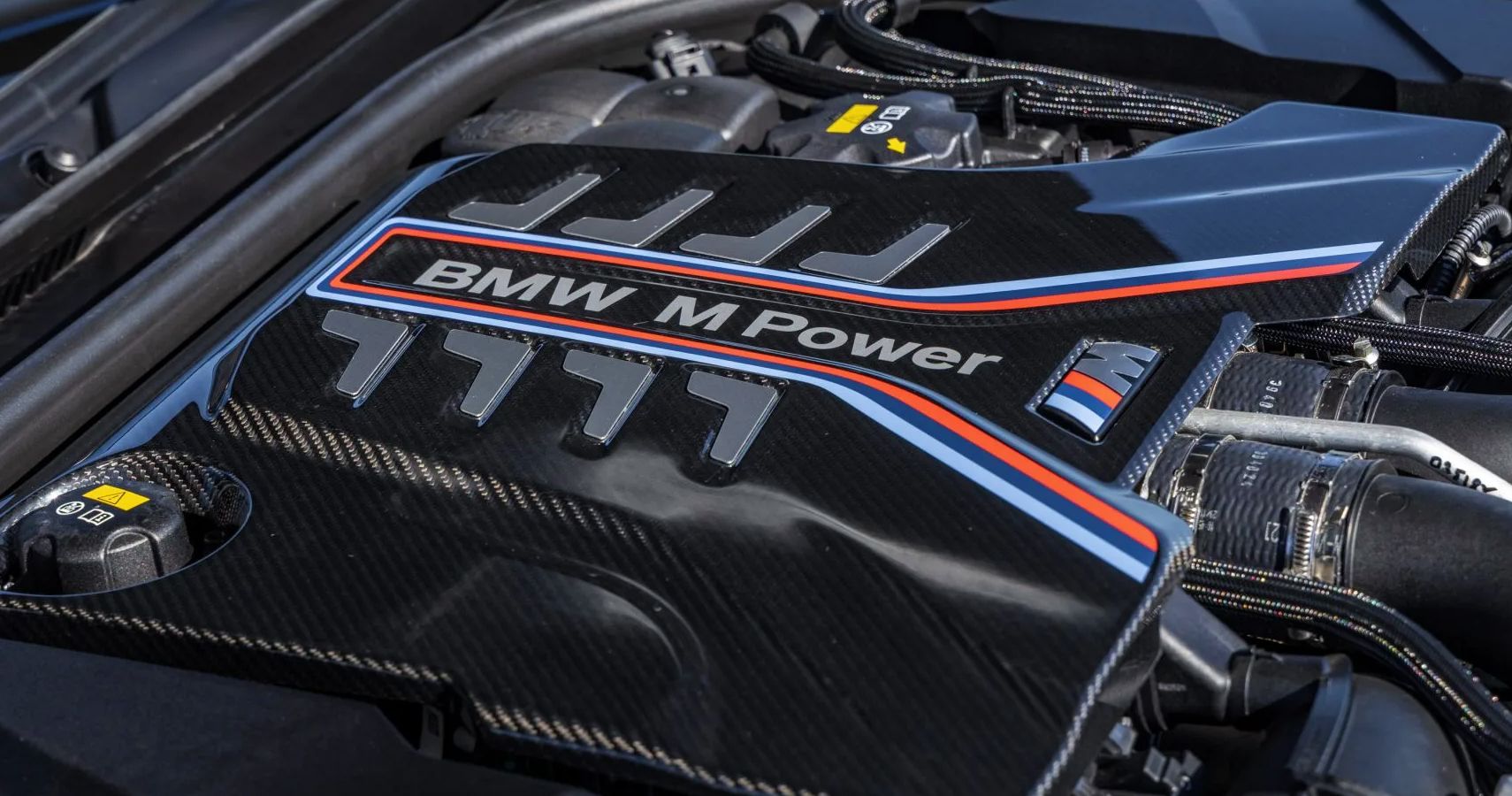Leading 5 BMW Engine Technologies Changing the Automotive Market
Leading 5 BMW Engine Technologies Changing the Automotive Market
Blog Article
Introducing the Intricacies of Next-Generation Power Units: a Deep Dive Into Advanced Engine Designs and Advancements
As we stand on the precipice of a brand-new age in transport, the ins and outs of next-generation engine designs beckon us to discover the sophisticated modern technologies and developments that guarantee to redefine the driving experience. Diving deeper into the realms of discharge control, smart engine administration systems, and the perspective of power system growth, we discover ourselves on the cusp of an improvement that guarantees to reshape the landscape of movement as we understand it.
Advancement of Engine Materials

The shift in the direction of progressed engine materials has additionally made it possible for engineers to create engines with greater power outputs while maintaining fuel performance criteria. The use of lightweight materials reduces the general weight of the engine, leading to enhanced gas economy and lower emissions. Additionally, developments in materials technology have permitted for far better thermal administration within engines, leading to boosted dependability and longevity.
Turbocharging and Supercharging Technologies
How do Turbocharging and Supercharging Technologies transform engine performance and effectiveness in modern-day cars? Turbo charging and turbocharging are innovations that considerably improve engine performance by boosting the quantity of air consumption into the burning chamber. Turbocharging accomplishes this by utilizing a wind turbine driven by exhaust gases to pressurize the intake air, while turbo charging utilizes a belt- or chain-driven compressor to achieve the very same effect.
These innovations allow smaller sized, more fuel-efficient engines to produce power equivalent to larger ones, understood as downsizing. By requiring more air right into the cyndrical tubes, turbocharging and turbo charging boost combustion effectiveness, resulting in boosted horsepower and torque outcome without a considerable increase in engine dimension. This results in better acceleration, towing capability, and general driving performance.
Moreover, supercharging and turbocharging add to enhanced gas effectiveness by permitting the use of smaller sized engines that consume less fuel under regular driving problems - bmw engine. This combination of improved performance and effectiveness has made turbocharging and supercharging indispensable elements of lots of modern-day engine styles
Discharge Control and Environmental Impact
With increasing global problems concerning air top quality and ecological sustainability, the implementation of discharge control innovations in lorries plays a critical function in minimizing unsafe contaminants launched into the atmosphere. Modern cars are geared up with advanced discharge control systems that assist minimize the environmental impact of auto procedures. Catalytic converters, for instance, are made to transform toxic he said gases such as carbon monoxide gas, nitrogen oxides, and hydrocarbons right into less dangerous materials like carbon dioxide and water vapor.
Additionally, improvements in engine innovation, such as the combination of exhaust gas recirculation systems and discerning catalytic decrease, have dramatically added to decreasing discharges. These modern technologies function in tandem to enhance burning performance and minimize the release of harmful pollutants into the air. Furthermore, the advancement of hybrid and electric cars represents an essential step in the direction of decreasing the general environmental impact of the transportation field.
Intelligent Engine Management Equipment

Moreover, these systems enable cars to meet stringent discharges criteria without jeopardizing performance, supplying an extra eco friendly driving experience. The integration of synthetic intelligence and machine knowing capabilities in engine management systems proceeds to press the limits of what is feasible, leading to further renovations in effectiveness, integrity, and overall car efficiency. bmw engine. As vehicle modern technology breakthroughs, smart engine monitoring systems will the original source certainly play an important function in forming the future of transport in the direction of a much more sustainable and reliable instructions
Future Trends in Power Unit Development
As smart engine administration systems lead the means for enhanced control and optimization in modern vehicles, future trends in power unit advancement are positioned to redefine the landscape of vehicle propulsion modern technologies. These alternative power resources offer boosted effectiveness and performance while straightening with rigorous ecological policies.
An additional substantial trend is the assimilation of innovative materials and manufacturing methods. Lightweight materials such as carbon fiber and aluminum are being made use of to reduce general vehicle weight, enhancing gas efficiency and efficiency. Additionally, improvements in 3D printing and additive manufacturing are allowing the production of intricate engine components with greater accuracy and toughness.
Additionally, expert system and artificial intelligence are playing a vital function in enhancing power device efficiency. These innovations enable real-time tracking and adaptive control, leading to a lot more efficient and trustworthy power distribution. Overall, future fads in power unit development are tailored in the direction of sustainability, performance, and efficiency, driving the vehicle market in the direction of a new period of propulsion technologies.

Verdict
Finally, the developments in engine materials, turbocharging, emission control, and intelligent administration systems have led the way for next-generation power systems. These advancements have not just better efficiency and effectiveness however also decreased environmental impact. As innovation continues to progress, future trends in power unit development are likely to concentrate on more enhancing sustainability and optimizing power result. The detailed layouts and developments in contemporary engines showcase the recurring evolution of auto modern technology.
Exploring the dynamic improvements in engine materials has been pivotal in enhancing the performance and performance of contemporary engines. Over the years, the evolution of engine materials has actually played a vital duty in pushing the borders of what engines can accomplish.The change in the direction of advanced engine products has actually also made it possible for designers to make engines with greater power results while preserving gas performance requirements.The implementation of smart engine administration systems in modern-day vehicles has revolutionized the method engines are regulated and optimized for efficiency and performance. By collecting data in real-time and evaluating it with advanced algorithms, smart engine administration systems can adjust to driving styles, ecological factors, and engine health and wellness to maximize power output while reducing fuel consumption and emissions.
Report this page